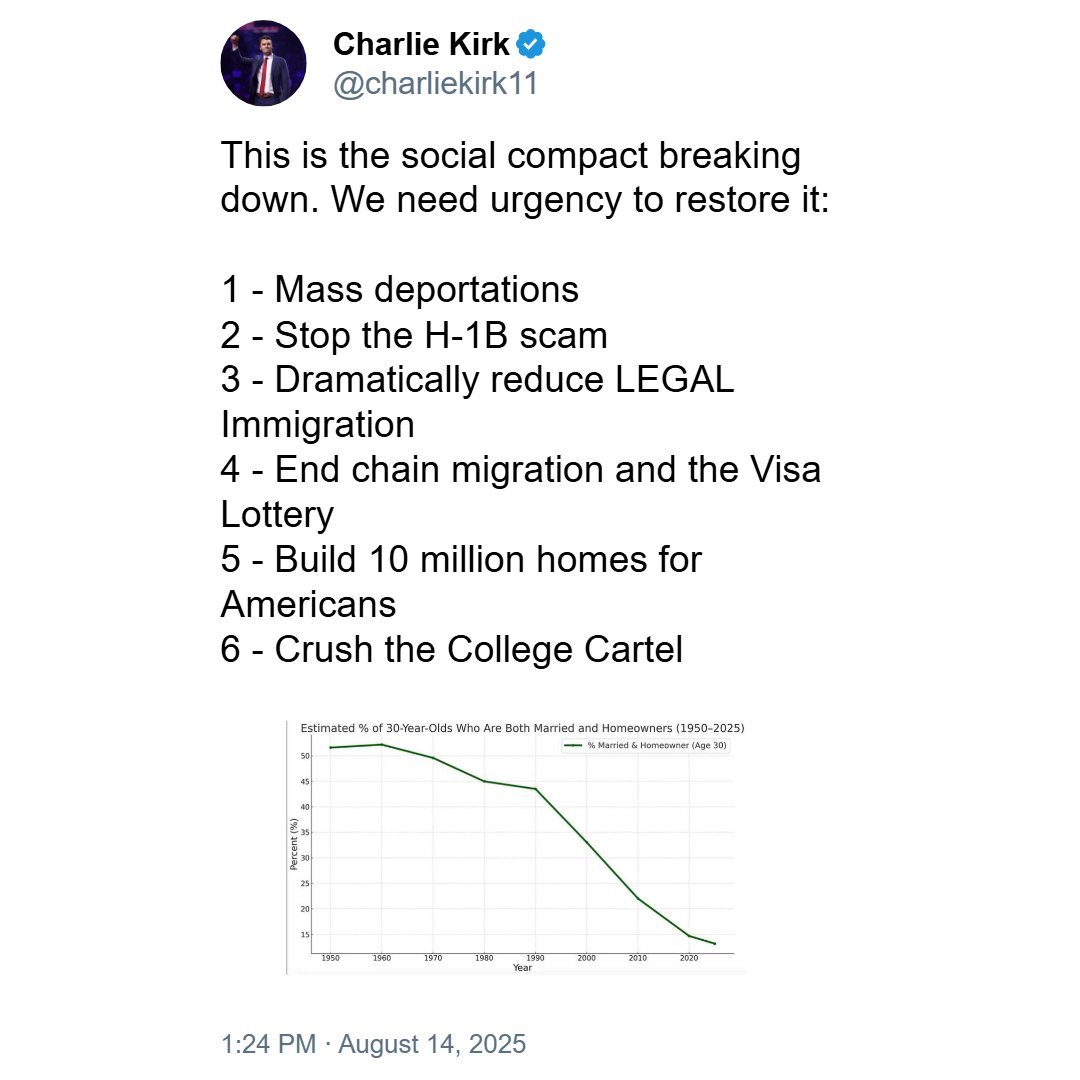Treasury Secretary Announces $1,000 Accounts for Newborns Starting in 2025
In a significant policy announcement, U.S. Treasury Secretary Scott Bessent revealed plans to establish $1,000 investment accounts for every child born in the United States starting January 1, 2025. This initiative, referred to as the "Trump accounts," aims to provide financial support to working families and promote early investment in the stock market.
According to Secretary Bessent, the program will retroactively benefit all children born within the three years following the start date, effectively creating a financial foundation for millions of American families. The accounts will be funded with an initial deposit of $1,000, which will be invested in the U.S. stock market, allowing the funds to grow over time.
This initiative is part of a broader effort by the administration to enhance economic opportunities for families and reduce financial disparities among children from different socioeconomic backgrounds. By providing a financial asset at birth, the program seeks to encourage savings and investment habits from an early age, potentially leading to improved financial literacy and stability in the long run.
The announcement has garnered mixed reactions from lawmakers and economic experts. Supporters argue that the program could significantly benefit low- and middle-income families, helping to close the wealth gap and provide children with a head start in life. Critics, however, express concerns about the long-term sustainability of such a program and the implications for government spending.
As the details of the initiative are further developed, the Treasury Department is expected to outline the specific mechanisms for account management and investment strategies. The program is anticipated to be a key topic of discussion as the administration seeks to implement policies aimed at fostering economic growth and equity.
This announcement marks a notable shift in fiscal policy, reflecting a commitment to investing in the future of American children and families. The rollout of the program is expected to begin in mid-2025, with further details to be released in the coming months.


